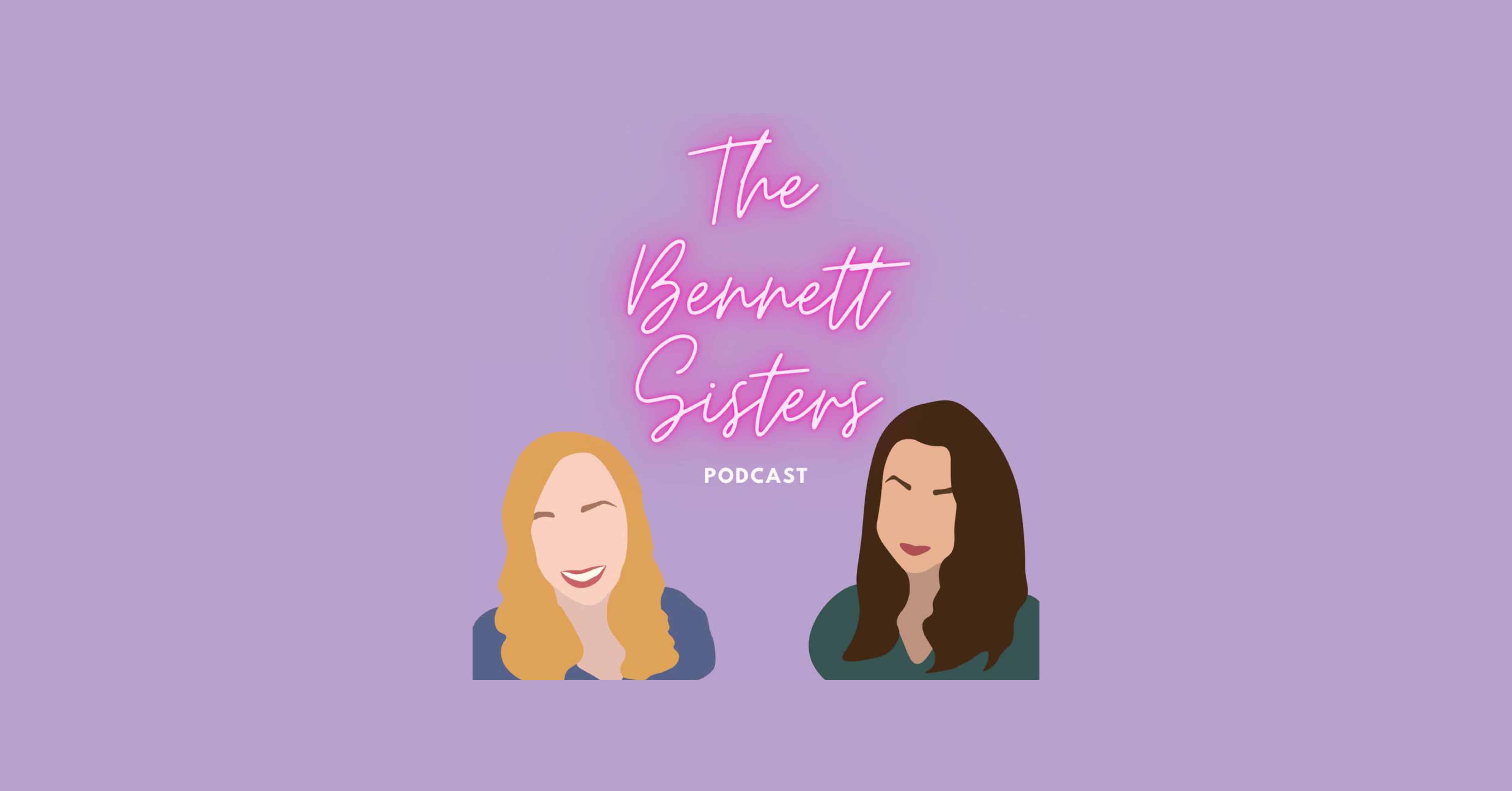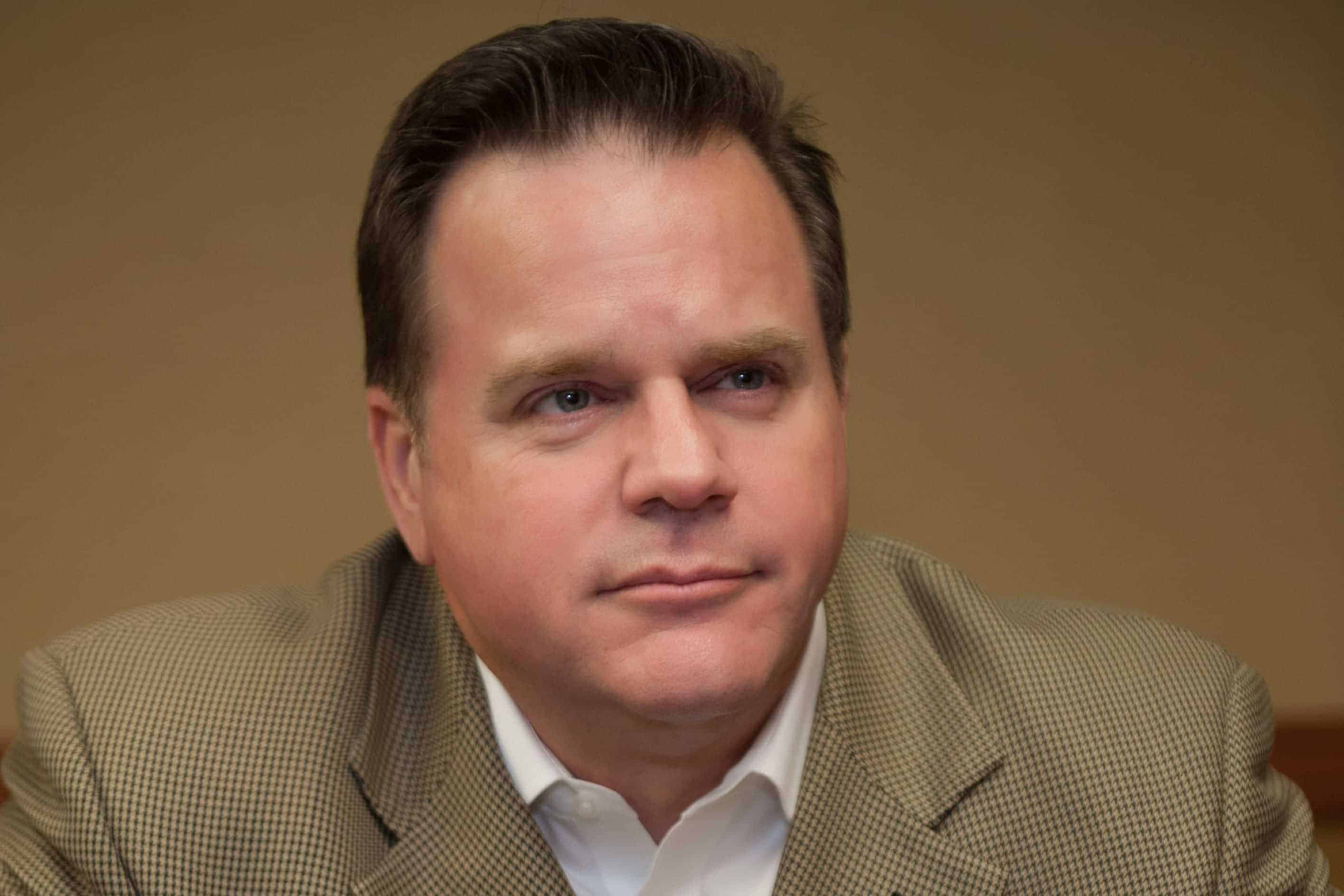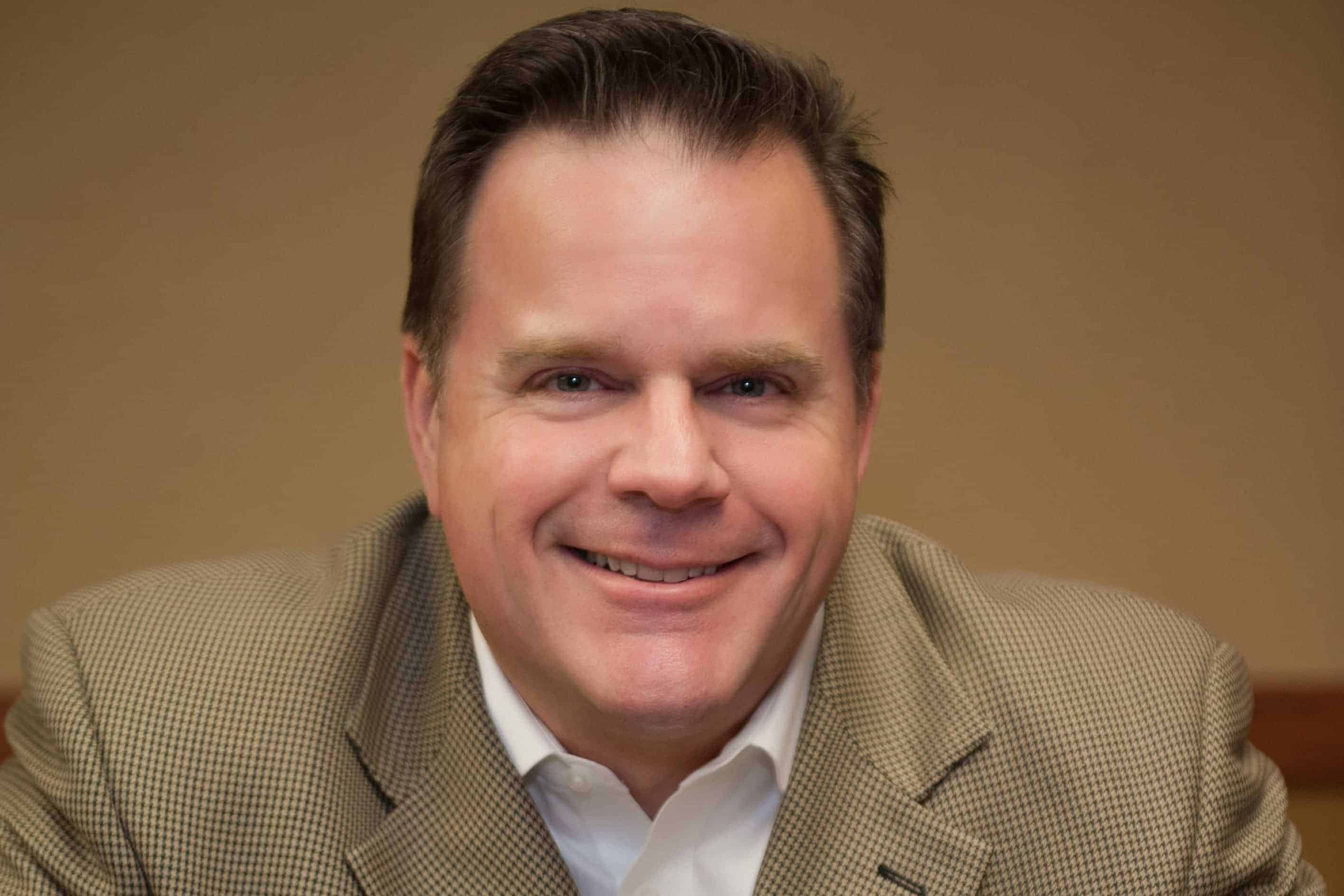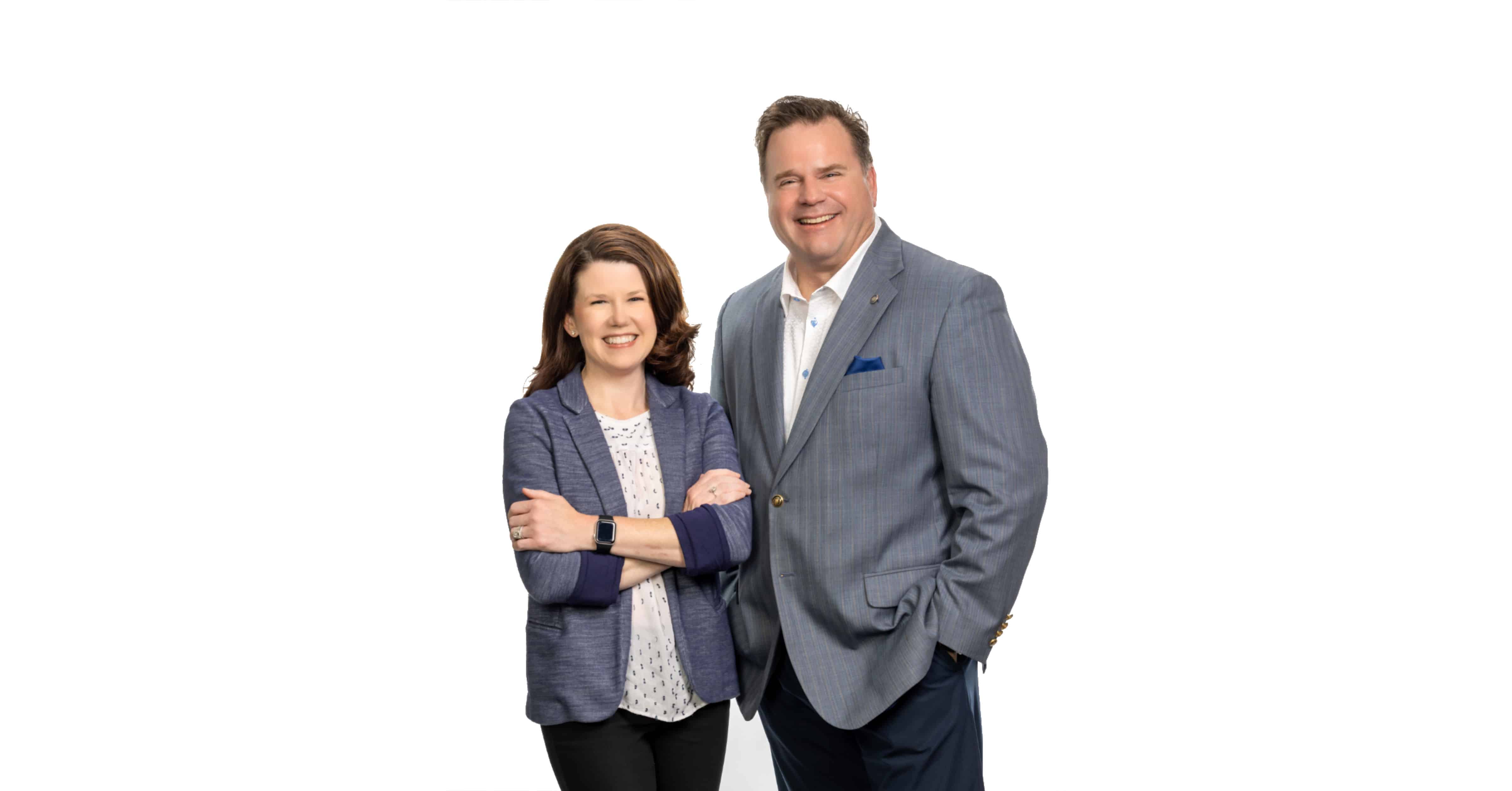How many times have you felt stuck in your position at work? Feeling like no matter what you do you won’t be offered a promotion, or you only receive raises a few cents at a time, if any. Don’t you dream about advancing your career and wonder what it’s going to take? Well, sometimes it takes a little pushing to achieve this goal. Millennials across the nation often feel this way and many of them are gaining the courage to stand up for what they deserve.
It is no secret that people are severely underpaid, especially with the current spike in inflation. However, this problem is a lot bigger than some may realize for Millennials. Our generation has grown up with a $7.25 minimum wage for most of our adult lives. We get hired for jobs making $10 an hour and it feels like it’s a great deal until it’s time to pay the bills. We find jobs that pay a little more and we still feel like we are living paycheck to paycheck. We get our college degrees because we are told that will help us get paid more, but even then, some are paid less than a cashier at Target or Walmart plus we now have student loans to pay off. So, we work hard in hopes that our hard work will be recognized and we can either advance our career to the next level or get a promotion. For many, this doesn’t happen. When you start to feel like you are treading water, it is time to start moving yourself in a forward motion.
Talking to your boss about a raise and/or promotion can be a very daunting task. You don’t want to upset or offend them and you don’t want to be rejected. However, in many cases, this is the only way you will see change. Our bosses aren’t mind readers. If they aren’t aware that there is a problem then how are they supposed to fix it? This isn’t to say that bosses shouldn’t be regularly reviewing our wages to ensure that we are being compensated fairly and competitively, but if things have always been done a certain way they may not see a need for change. It helps to present the issue with evidence. Gather what you can regarding your performance within the company. Proving your worth can not only give you a boost of confidence, but it can show your boss that you are confident as well. Oftentimes we work for larger businesses and it can be difficult to monitor individual employees. Research the fair market value of your job title and duties for your area. This aid can help them see what other businesses are paying employees in a similar position. It also shows them that you have other, more competitive, options should you find yourself in a position to leave.
Make sure that you schedule time to sit and discuss this issue with your boss. This should never be a topic that is sprung on them out of nowhere as they may also have materials that they will need to prepare. Always make sure you are going into these meetings with an open mind and be willing to compromise. You may not get the exact deal that you wanted, but even finding a middle ground is improvement. Regardless of the outcome, be sure to thank your boss for their time. Try not to become discouraged if there was no change made in the meeting and remember that you have done your research, you know your worth, and you have other options. Starting a new job is never easy, but you have to remember to do what is best for you at the end of the day.















